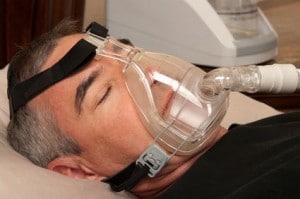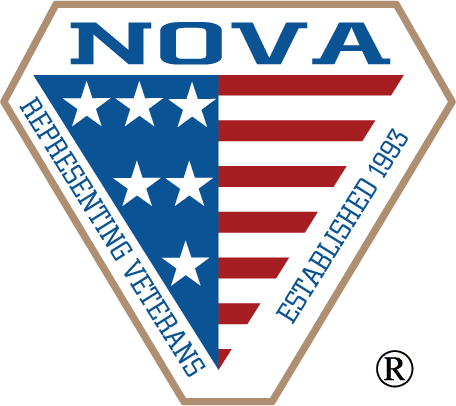Are you a veteran who suffers from sleep apnea? If so, you may be eligible for VA disability for sleep apnea if you can show a nexus to your military service. Nexus is simply a connection or series of connections linking two or more things. Here, nexus is the connection between your service and the current diagnosis of sleep apnea.
How do you prove nexus in a sleep apnea claim?
Sleep apnea is a medically complex disorder. In fact, there are three distinct kinds of sleep apnea – obstructive sleep apnea, central sleep apnea, and complex sleep apnea. We can’t possibly cover each of those and the ways to service connect all of them in this one article. Instead, let’s focus on one type of sleep apnea claim our firm has recently worked on to illustrate just one of the ways to prove service connection of obstructive sleep apnea.

VA Disability for Sleep Apnea through Direct Service Connection
One of the most straightforward ways to achieve service connection of a particular disease or disability is to show that you had that disease or disability while in service. So, if you developed sleep apnea while in service and still carry that diagnosis, you should be granted service connection.
Sounds easy enough, right? The problem is that many disabilities that arise in service are not actually diagnosed in service. We see that quite often with sleep apnea claims. While you may have been a loud snorer or had other sleep difficulties in service that are normally associated with sleep apnea, if you are like most service members you probably did not undergo a sleep study and get a formal diagnosis before your discharge from service. Most of the time, a person just “deals with it” for many years until they eventually go to a doctor and undergo testing. This may be 20 or 30 years after the problems started.
Lay Evidence + Medical Evidence = VA Disability for Sleep Apnea
If that is similar to your situation, how do you show that link (nexus) between what was going on with you during service and the actual diagnosis of obstructive sleep apnea you now have? With lay evidence AND medical evidence. You will need strong lay evidence that establishes what symptoms you were having in service – loud snoring, apneas (stopped breathing) followed by gasps for oxygen, dry mouth upon waking, daytime fatigue, etc. You will then need an expert medical opinion that shows these symptoms back then in service were probably sleep apnea even though you had not been diagnosed at the time. If you get that, then you should be able to establish direct service connection and receive VA disability for sleep apnea.
Many Roads to VA Disability for Sleep Apnea
If your situation is not like the one above, remember that this is only one of the ways you may be able to win VA disability for sleep apnea. If you have central sleep apnea or complex sleep apnea, the approach will be a little different since the science is different as well.
Even if yours is obstructive sleep apnea like we discussed here, there are still other ways to service connection other than proving you had sleep apnea in service. In my next article, I will explain another road to service connection: obstructive sleep apnea as a secondary disability.
The most important thing to keep in mind is that, no matter what the VA may tell you, the law does allow for VA disability for sleep apnea. You will need to follow one of the paths to service connection, which will likely require lay evidence and expert medical evidence.
Unfortunately, VA does not always apply the law correctly. Many veterans receive wrongful denials when they apply for service connection for sleep apnea.







